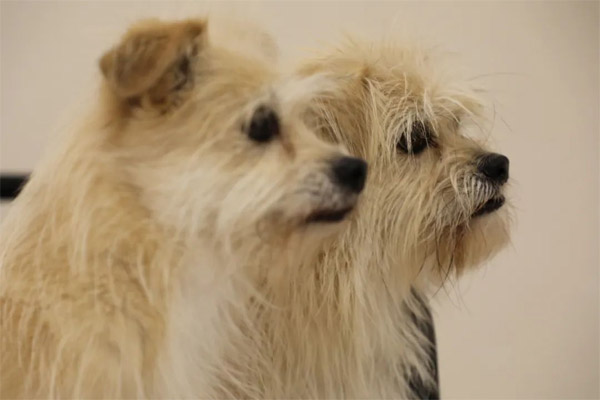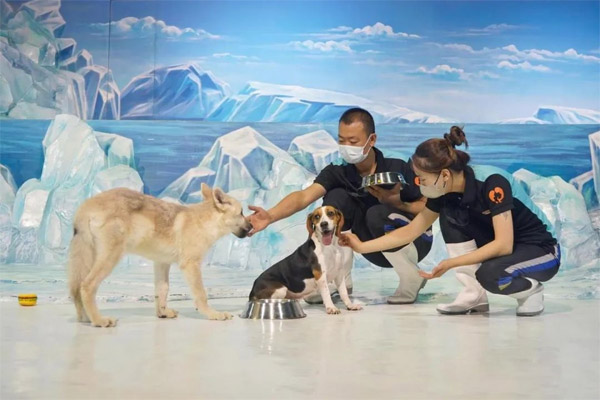
Cloning FAQ
Is a cloned pet truly identical?

Cloning is the process of replicating genes, with a genetic match of over 99%. This means that facial features, skeletal structure, body size, breed characteristics, inherent intelligence, innate personality, and gender - all determined by genes - are identical.
For instance, we cloned the famous dog Juice, who starred in the movie “Breakup Buddies". The cloned dog was nearly indistinguishable from the original one. It’s worth noting that Juice had a unique characteristic of having six toes on one foot, a trait that was completely replicated in the clone.
Can senile dogs be cloned?

Yes, cloning dead pets is not restricted by age. The difference between cloning younger dogs and senile ones lies in the state of cell culture. The crux of cloning is the success rate of cell culture. Numerous studies have indicated that the cells of younger animals are in better condition and have a stronger ability to proliferate. Therefore, the success rate of cell culture and cloning is higher in younger dogs compared to senile ones. However, as long as cell culture is successful, dogs of any age can be cloned.
Can a pet be cloned if it suddenly passes away?
The tissues of a healthy pet are sustained in their state by the organism itself, and the cells thus isolated are in a better condition. After death, the condition of the pet’s skin tissue is entirely dependent on the external environment, and it may not be possible to isolate active cells, making cloning unfeasible.
However, we frequently encounter clients who wish to clone their pets after an unexpected death. In such cases, it’s crucial to promptly preserve the pet’s body at a low temperature until technical staff arrives. If the pet is small in size, its body can be wrapped in a damp towel and placed in the refrigerator, ideally at a temperature of 0-4 degrees Celsius. If refrigerator storage isn’t possible, homemade ice packs can be used with regular replenishment and placed with the pet’s body. This can achieve the same preservation effect as refrigerator storage. The success rate for cloning is higher if sampling is done within a week of the pet’s passing. Sampling can be done up to two weeks after the pet’s death, but the success rate for cloning will decrease.
Can exotic pets be cloned?

The process of animal cloning can be divided into three stages:
Amphibian cloning since 1958; Lower mammal cloning since 1997
Lower mammal cloning since 1997
Non-human primate cloning since 2018.
Exotic pets refer to non-traditional pets such as lizards, snakes, turtles, birds, insects, etc. Most exotic pets cannot be cloned, not because there is little point in cloning an exotic pet, but because their reproductive processes differ from mammals. Most exotic pets do not have a uterus, and when the egg containing the fertilized embryo is laid, the embryo already has a large number of cells, making it difficult to form viable fusion cells. Therefore, scientists still have a long journey ahead in the cloning of exotic pets. As industry professionals, we eagerly anticipate the successful cloning of these unique creatures.
